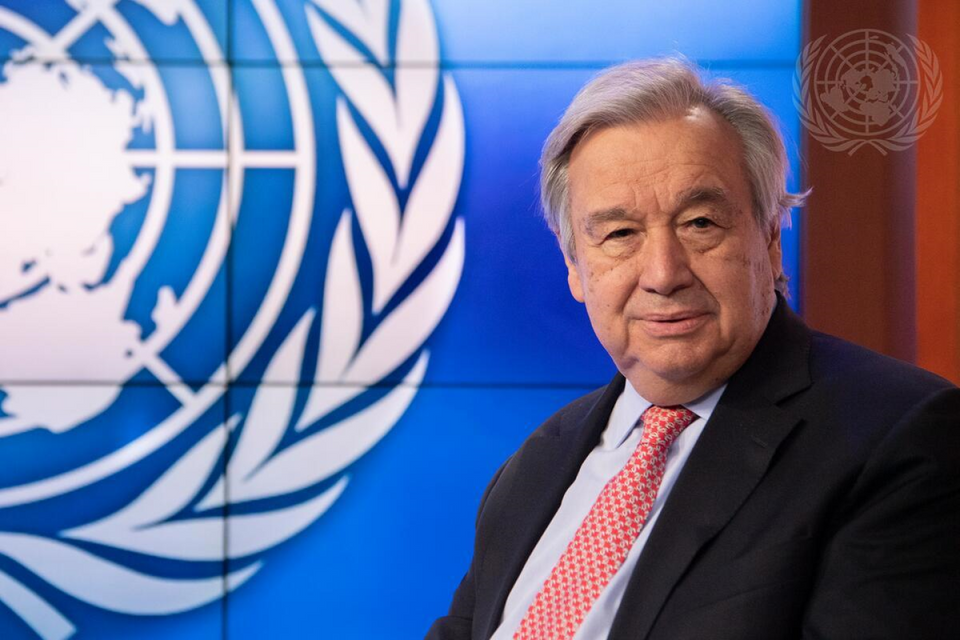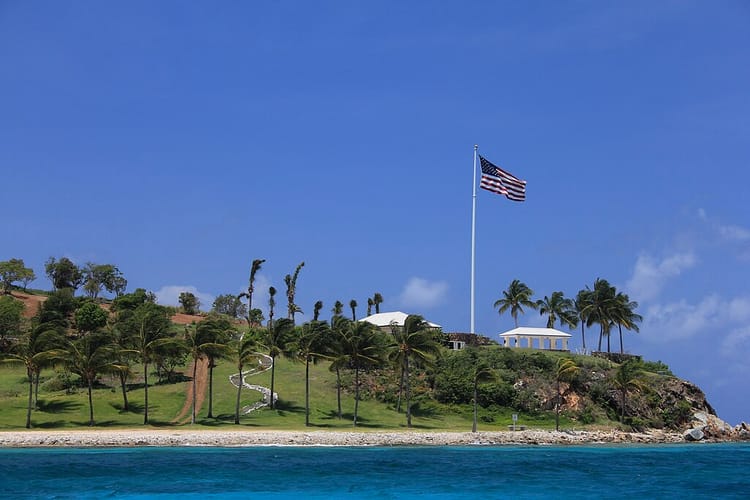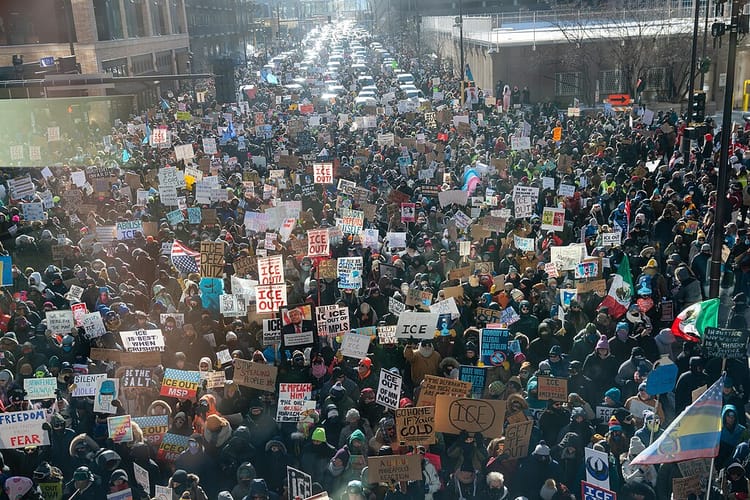The IPCC Report, Climate Litigation Wins and More

We're tackling this idea in a big way in the new season of the podcast, but for years now, various pundits have presented acting on climate as being diametrically opposed to acting on poverty. You either love trees or you love people, they say, choose between the planet and the poors. Never mind that most of the people presenting this false dichotomy given even fewer shits about poor people than they do about trees.
Early this week the last report from the Intergovernmental Panel on Climate Change (IPCC) that we'll get during the window in which there is still time to avoid the worst effects of climate change dropped. That narrow window of time is currently being squandered as the U.S. and other developed countries move in the opposite direction from climate action. One thing the report illustrates starkly: if you care about the most vulnerable people in the world, you should be pushing for the least vulnerable to stop being such greedy pigs.
Obviously, IPCC authors would never say it like that. Instead it comes in the form of citations like this one: "The 10% of households with the highest per capita emissions contribute 34–45% of global consumption-based household GHG emissions, while the bottom 50% contribute 13–15%. (high confidence)."
And this: "Vulnerable communities who have historicallycontributed the least to current climate change are disproportionately affected (high confidence)."
Once again, the IPCC was unequivocal about the problem: our atmosphere has warmed (we're at 1.1 degrees warmer on average), greenhouse gas emissions have caused that warming, and there is no way to avoid hitting 1.5 degrees of warming without ramping down fossil fuels. But it also pulled together a roadmap from the various reports that have been coming out over the past two years as part of this, its sixth, cycle of assessment. It's nothing new there either, the solution is simple: transitioning off of fossil fuels, increasing energy efficiency, and reducing consumption.
"These reports show we can prevent irreversible harm to people and the planet if we scale up proven solutions available now," Lili Fuhr, Deputy Director of CIEL’s Climate and Energy Program, said. "Replacing fossil fuels with renewables, increasing energy efficiency, and reducing energy and resource use are the surest path to limiting global warming to 1.5°C."
And once again, negotiators from the U.S., Saudi Arabia, and China tried to weaken language in the report around ramping down fossil fuels, and (particularly in Saudi Arabia's case) increase the amount of language pushing for technologies like carbon capture and storage (CCS) and carbon removal.
"Building our mitigation strategies on models that lock in inequitable growth and conveniently assume away the risks of techno-fixes like carbon capture and storage and carbon dioxide removal ignores the report's clarion message and increases the likelihood of overshoot," Fuhr said. "The most ambitious mitigation pathways put out by the IPCC set the floor, not the ceiling, for necessary climate action. Solving the climate crisis is not about what works on paper but what delivers in practice. There is no time to waste with false solutions.”
I saw some folks complaining online that the report got little coverage, but I saw a lot of really well-done stories, several of which were on the front page of major newspapers, including:
- The Fraught Negotiations Behind the New IPCC Report (by Ajit Niranjan for Heatmap)
- Why Optimism Can't Fix Our Climate Politics (by Kate Aronoff for The New Republic)
- Sarah Kaplan's coverage of the report for The Washington Post (which ran on the front page)
- Brad Plumer's coverage for The New York Times (which ran on the front page)
- Fiona Harvey's coverage for The Guardian (which ran on the front page)
Climate Litigation Update
This stuff isn't really being covered anywhere, but there's been a lot of climate litigation news over the past week. Specifically:
- Department of Justice weighed in on behalf of liability suits remaining in state courts. Oil companies that are defendants in these cases have been arguing for years now that they belong in federal court. So far not a single district court has agreed with them. When they asked the Supreme Court to weigh in, the Supreme Court asked DOJ for its opinion on whether the court should take the case up or not. Last week, DOJ said no.
- 8th Circuit denied motion in Minnesota climate fraud case. As with the liability cases, the defendants in the Minnesota climate fraud case—American Petroleum Institute, ExxonMobil, and Koch Industries—argued for that case to be moved to federal court. The 8th circuit denied that motion; in light of what's happening with the jurisdictional argument at the Supreme Court, it seems likely this case will proceed in state court. The caveat on both these being, of course, that the Supreme Court is wildly unpredictable at the moment. Any other Supreme Court bench, if they asked for DOJ's opinion, would follow it. But with this court it's anyone's guess.
- The country's first state constitutional case involving climate will move forward in Montana. The case 16 young Montanans brought against their state in 2020, arguing that its support of fossil fuels violates the right to a healthy environment secured in Montana's state constitution, will go to trial June 12.
Climate Must-reads This Week
- Why Climate 'Doomers' Are Replacing Climate 'Deniers,'by Shannon Osaka for The Washington Post
- America's Forests Are Present and Vanishing at the Same Time, by Kiley Bense for Inside Climate News
- Malawi Has Survived Storms Before. But None Like This. By Josephine Chinele and Golden Matonga, The Continent.
- Cruise Ship Invasion, by Andrew Engelson for Hakai Magazine.
- Study: Field interventions for climate change mitigation behaviors (PNAS)





